Another thing I rarely do on this blog is review non-fiction. But, sometimes I read non-fiction on subjects dear to my heart, and this is one of those times. Vacation book #3 was Crossworld, by Marc Romano, which is about crossword puzzles and the author’s experience competing at the American Crossword Puzzle Tournament. (I happen to know that a few EDIWTB readers are regular NYT crossword puzzle solvers, with one in particular who boasts that he “hasn’t missed a day in 8 years” or however long it’s been (hi Dad!), so hopefully at least a few of you will read to the end of the post.)
So…
I liked this book, didn’t love it. I’d rate it about a Tuesday or Wednesday in terms of its ability to keep my attention and the quality and originality of construction and content.
The good:
- I liked the descriptions of the tournament, though the excellent 2006 documentary “Wordplay” covered it much better. (I know, hard for a book to compete with a movie — it’s too bad for Romano that the movie came out a year after his book.) It might be fun to experience the tournament someday, and Romano is encouraging about what it takes to survive there.
- Will Shortz is a genius and I will read anything about him. I was thinking last night – there are millions of people out there whose intellectual well-being depends on Will Shortz. What will we do if anything ever happens to him?
- It’s fascinating to learn about the people who construct the puzzles – people whose names I will start paying more attention to now that I know more about the individuals behind the puzzles.
- The puzzles from the 2004 tournament are in the back of the book so you can see how you might have placed. (Though of course Romano has already discussed these puzzles in the book so you’ll already know some of the answers.)
The bad:
- The book is shockingly poorly edited. Romano repeats himself often – it’s as is he doesn’t trust that the reader has actually read the earlier chapters.
- Did the guy have a thesaurus next to him as he wrote? I think he deliberately used really obscure words in the book just to impress other cruciverbalists. (Two can play this game, Romano!)
- Waaaayy too much time on the history of crossword puzzles and the difference between American and British puzzles (American ones are do-able; British ones are not).
- Not enough time on the mechanics of how constructors actually create puzzles. I want to know from start to finish how the puzzles come together.
- Romano was pretty anti-social when he was at the tournament – I’d prefer he’d mingled a bit and written more about who goes to the tournament and why. What kinds of people are there?
- OK, we get it. Romano is good at puzzles. He can do a Saturday puzzle in 15 minutes. We. Get. It.
One good thing that came out of reading this book: it reignited my NYT puzzle obsession, which has fallen by the wayside a bit of late due to competing demands. Yesterday, he got me so into it that I put his book down and did the Sunday puzzle (34 minutes, Romano).
But don’t take my word for it – here is what a blogger who writes about the NYT puzzle had to say about the book. I agree with a lot of what he wrote. Unfortunately, this guy doesn’t appear to be blogging anymore.
If you happen to still be reading this post – back to fiction next time, I promise.

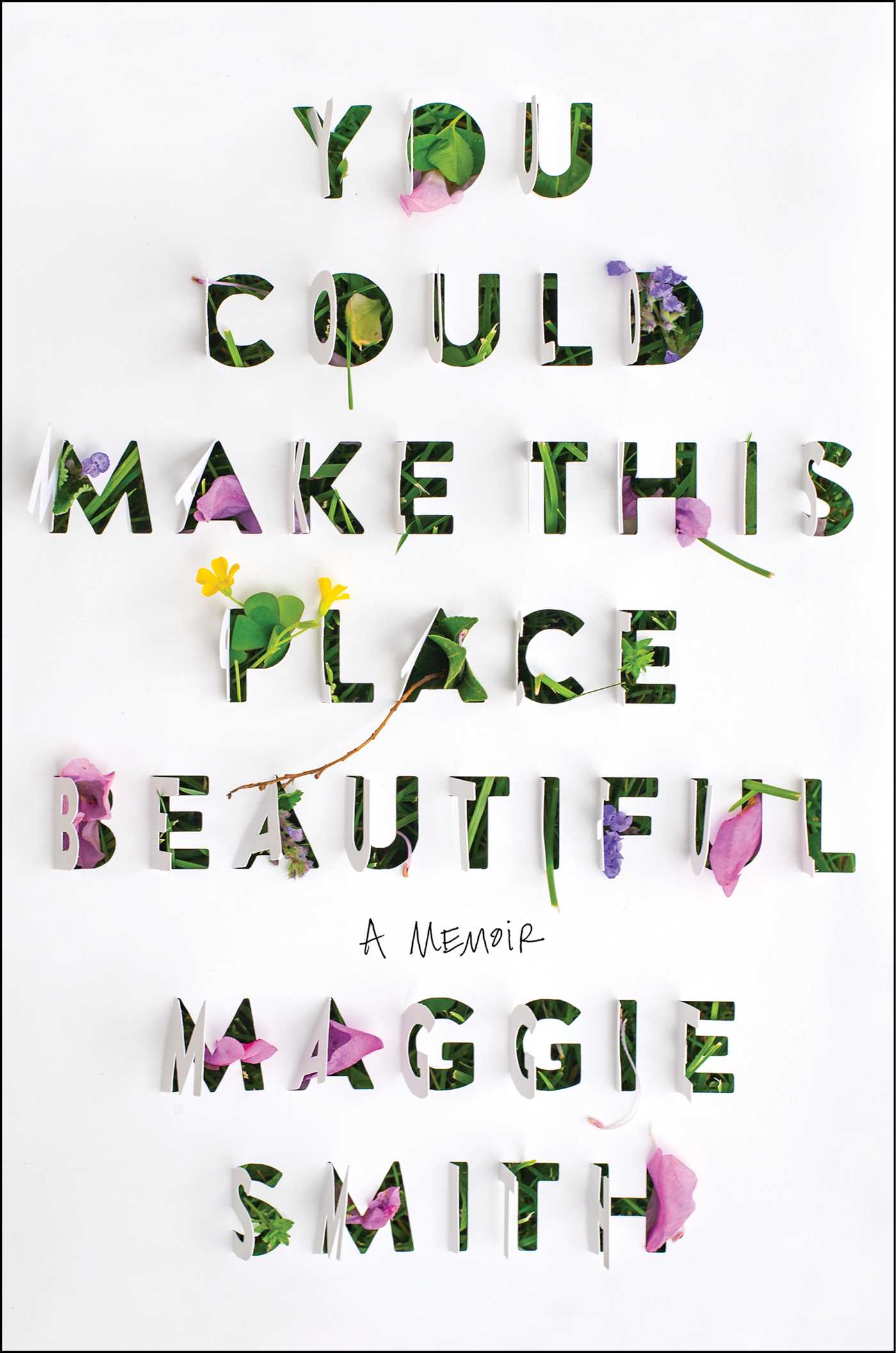







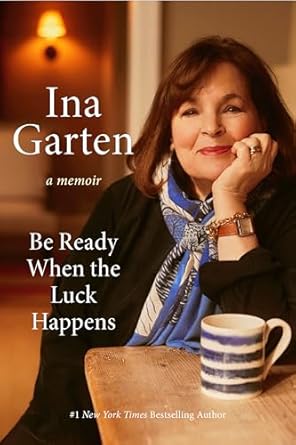
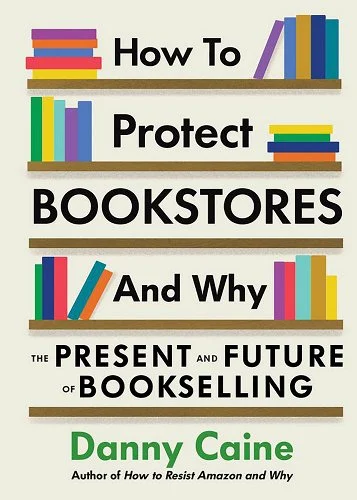
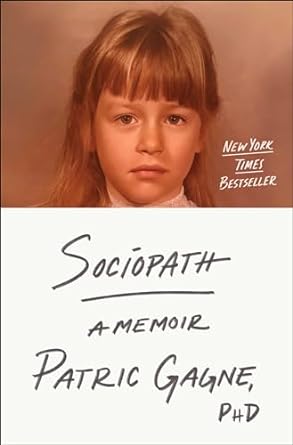
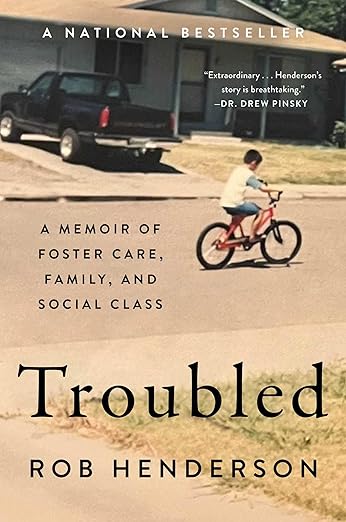
About Me
I have been blogging about books here at Everyday I Write the Book since 2006. I love to read, and I love to talk about books and what other people are reading.